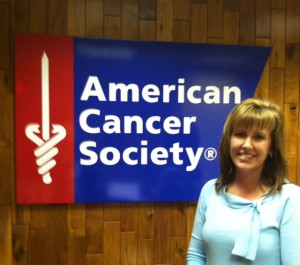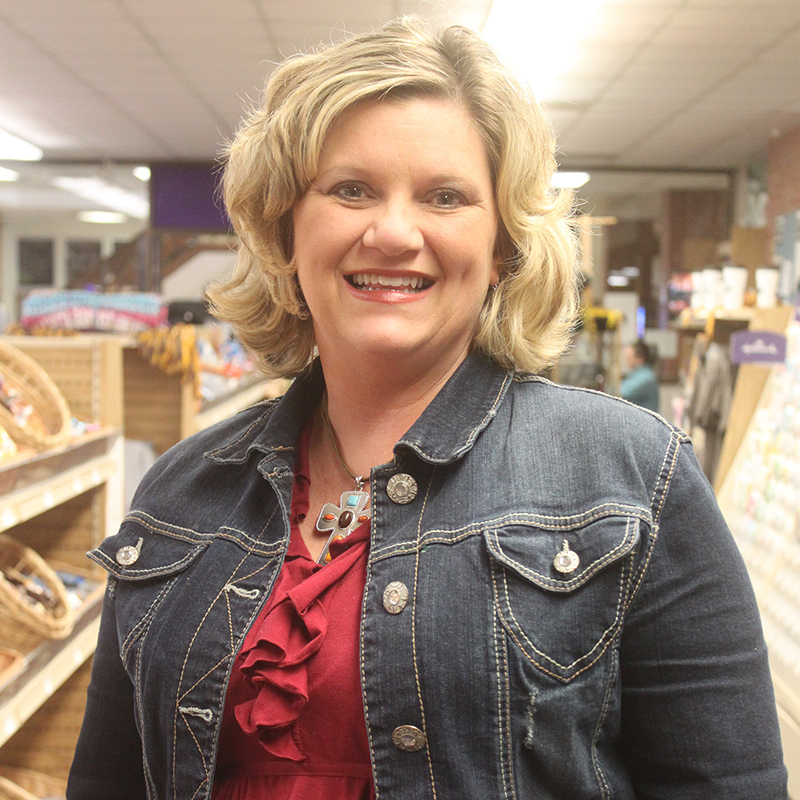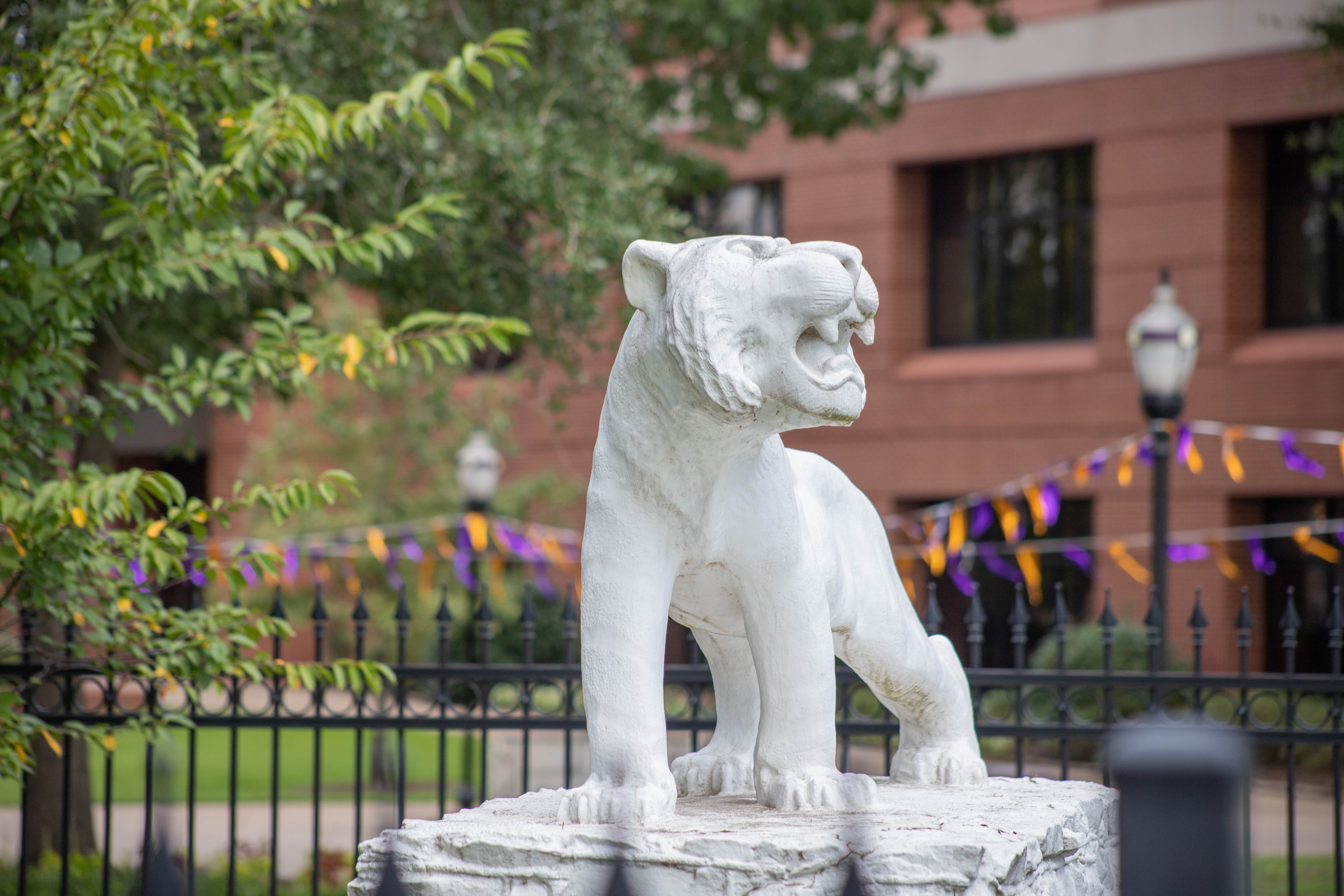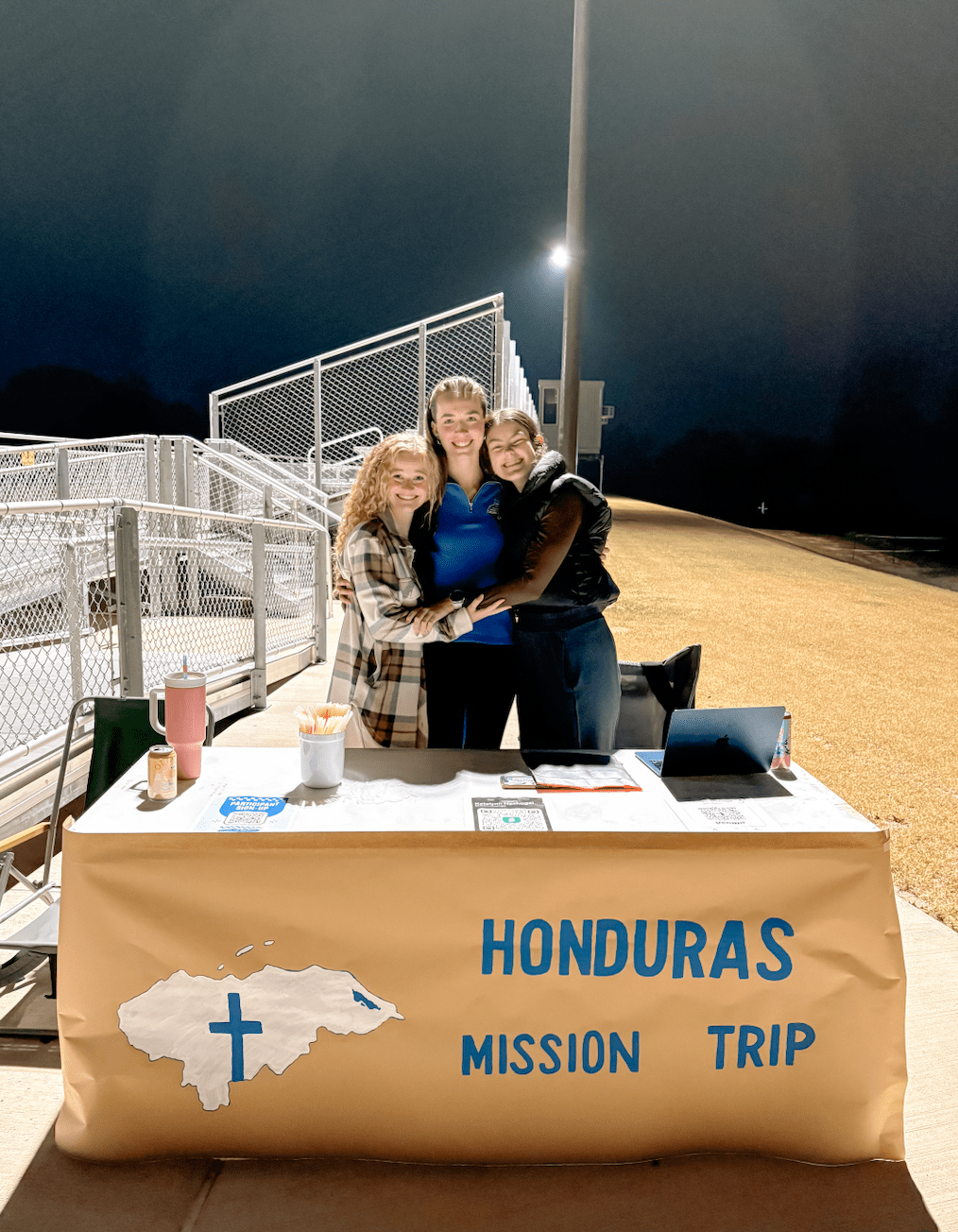
Sherri Jones is executive director of the American Cancer Society in Little Rock, Ark. For more information about the society, visit cancer.org.
Signal: What resources are available for cancer patients in central Arkansas?
Jones: The American Cancer Society offers a free, 24-hour help line (1-800-227-2345) for anyone touched by cancer. Callers can be connected to the Little Rock office to access local resources such as support groups, patient service programs and volunteer opportunities.
S: What are the most common forms of cancer in central Arkansas?
J: The Society estimates 16,330 new cancer cases will be diagnosed in Arkansas this year. Residents throughout Arkansas are most commonly diagnosed with cancer of the lung, prostate, breast and colon.
The five-year survival rate for all stages of lung cancer is only 16 percent. The majority of prostate cancers are discovered in the local or regional stages, for which the five-year survival rate approaches 100 percent. The five-year survival rate for female invasive breast cancer patients has improved to 90 percent and for localized breast cancer it’s 98 percent. When colorectal cancer is detected at an early, localized stage, the five-year survival is 90 percent.
S: How can Ouachita students join the fight against cancer?
J: Get involved with the American Cancer Society through our Relay For Life events to help people stay well, get well, find cures and fight back against this disease. Advocate for policies and legislation that positively impact the lives of individuals touched by cancer. Educate others about cancer prevention and early detection. Volunteer in your hometown for programs that support cancer survivors and those fighting cancer.
S: Should college students be testing for cancer? How?
J: College students are developing lifetime routines and daily practices. Living healthy helps to ensure that those routines and practices will help you stay cancer free. Cancers caused by cigarette smoking and heavy use of alcohol could be prevented completely. And one-quarter to one-third of new cancer cases expected to occur in the U.S. this year will be related to overweight, obesity, physical inactivity and poor nutrition, and thus could also be prevented. Have regular medical checkups and be alert to any unusual, persistent symptoms. Learn about your family’s medical history. Don’t smoke and keep away from secondhand smoke. Eat a well-balanced diet. Stay physically active and maintain a healthy weight. Protect your skin from the sun’s rays and avoid indoor tanning.
S: What advice to you have for college-aged people fighting cancer?
J: The American Cancer Society is here for you. We are available around the clock so cancer patients and their loved ones don’t have to face cancer alone. Just give us a call at 1-800-227-2345. The good news is, as of 2009, the overall death rate for cancer in the United States had declined 20 percent from its peak in 1991. These large drops are primarily due to reductions in smoking for lung cancer and to improvements in early detection and treatment for colorectal, breast and prostate cancers. Having cancer is hard but finding help shouldn’t be.






